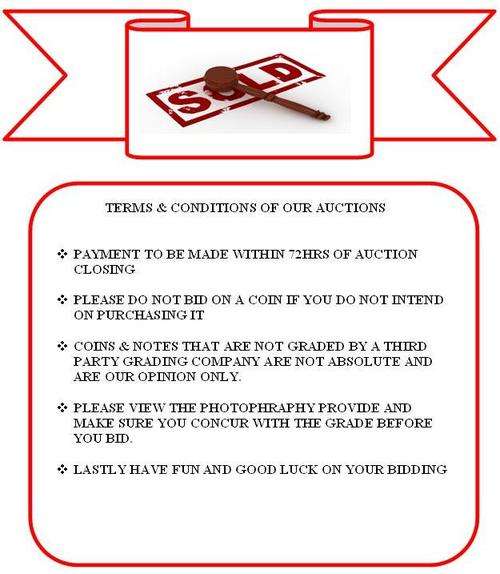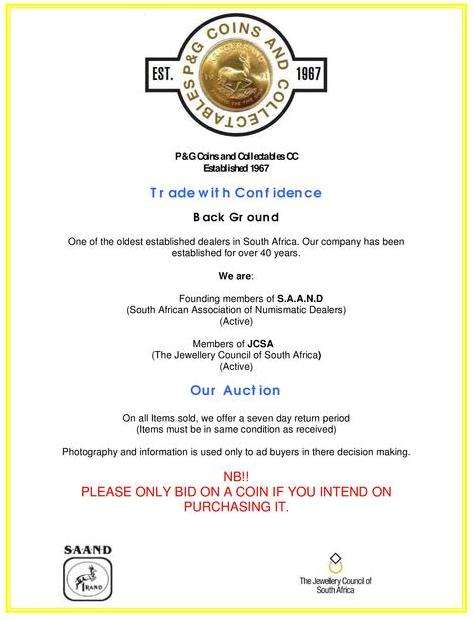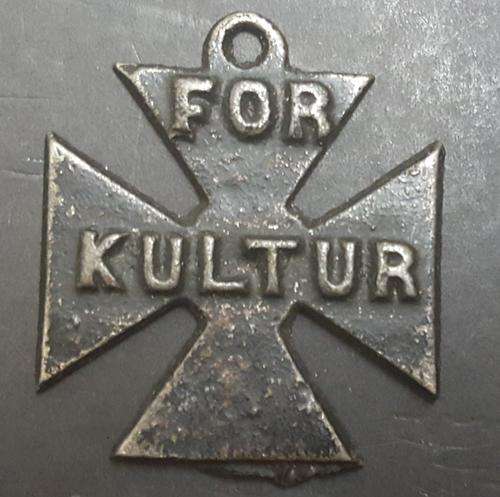
"For Kultur" Iron Cross Propaganda Medal
Check my rate
| Main centres: | 1-3 business days |
| Regional areas: | 3-4 business days |
| Remote areas: | 3-5 business days |

| Main centres: | 1-3 business days |
| Regional areas: | 3-4 business days |
| Remote areas: | 3-5 business days |
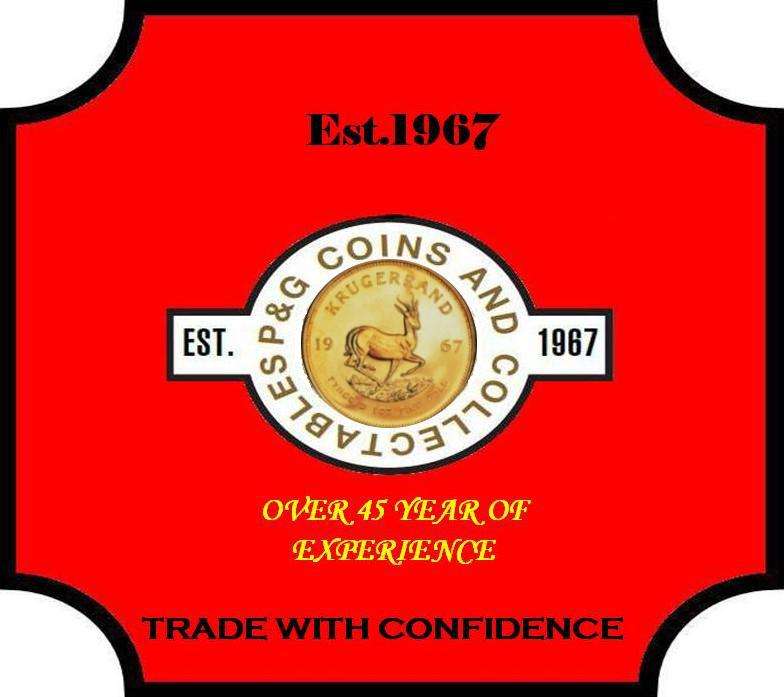

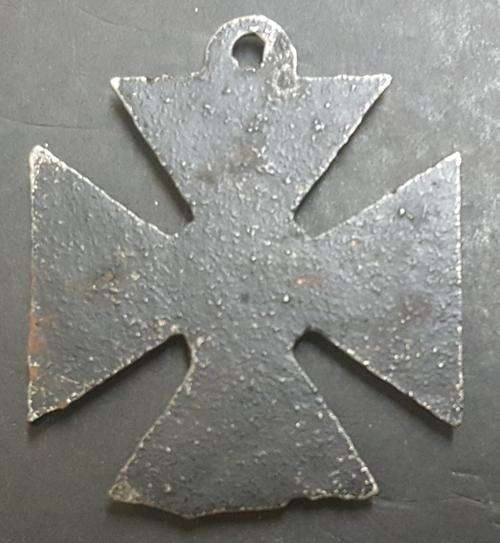
Kultur' was one of the words of the Great War period. For those committed to portraying the 'heel of German jackboot aggression' firmly stamped down on the neck of 'Gallant Little Belgium', it was an efficient way of ensuring that public opinion would always be behind those actively engaged in recruitment for the armed forces. In this case 'Kultur' was portrayed as militant expansion of German cultural values (as held to be superior to those of other nations) across Europe. Aggressive anti-German cartoons appeared in the press illustrating the march of 'Kultur' - in the form of advancing inhuman beasts in spiked pickelhaubes and black jackboots - across the continent. It was yet more incitement to join the colours; the fact that the very word looked and sounded harsh added to the effect.
At some point in 1914, these 'iron crosses', the traditional symbol of bravery in the German army, were issued. There are many variants. The 'For Kultur' cross is meant to be brutally ironic. Others bear the names of torched and sacked cities in Belgium - part of the German army's subjugation of this area. And then, in 1914, came the bombardment by the Imperial German Navy of the East Coast towns of Scarborough, Whitby and Hartlepool. A propaganda victory had been handed to the British - and 'Remember Scarborough' appeared on posters, alongside 'Remember Belgium'. Who made these crosses, and who sold them, is still unknown - but they represent an early phase in the anti-German propagranda campaign of the Great War.


